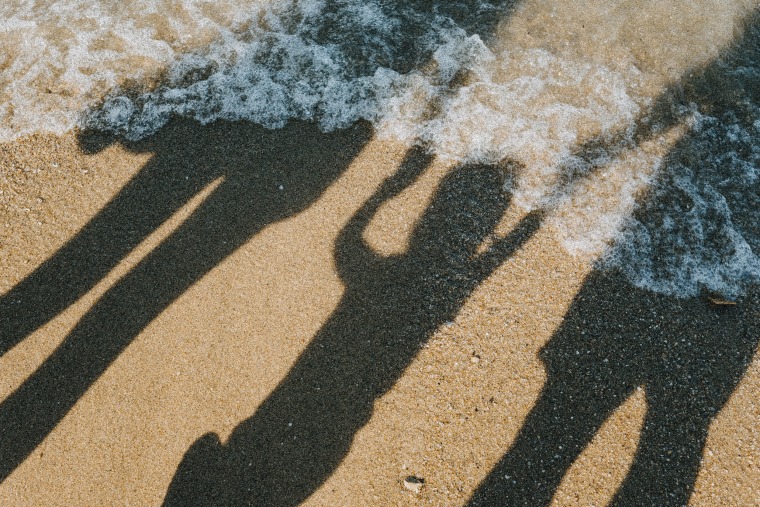For adult children who have traumatic relationships with their parents, holidays like Mother's Day and Father's Day are complicated at best and at worst emotional scourges. Many survivors of childhood dysfunction are at a loss for how to celebrate these pseudo-traditions in a way that remains authentic to themselves and their healing.
Society has made it abundantly clear that celebrating parents on "their day” is not viewed as optional. In turn, it seems that some parents feel entitled to relationships with their children.
Therapists’ offices and survivor-focused social media groups are replete with people exchanging ideas for how to survive family-oriented holidays in the face of problematic or abusive parental behavior. As the unwitting recipient of a dysfunctional childhood, I participate in online recovery groups for adult children where I’ve shared similar concerns myself.
There seems to be a growing awareness that not all parent-child relationships are cut from the same loving and nurturing cloth. Some companies are even starting to provide easy ways for customers to opt out of advertisements around Mother’s and Father’s Day. However, the taboos and stigma that follow adult children who distance themselves from their parents suggest that deciding to cut ties isn’t exactly widely supported.
No one seems to be saying the quiet part out loud: Parents are not entitled to relationships with their children. They're entitled to the relationships they've earned. Many have not put in the work required of stable, loving and reciprocal relationships with their offspring. As a society, we need more attention to the reality of deeply flawed, problematic and abusive parental relationships — and a child’s right to walk away from them — as we approach yet another parent-centric holiday.
“A struggle with most holidays, and especially family-oriented holidays, is that they are depicted as a one-size-fits-all and can evoke numerous difficult emotions including shame, grief, anger, and a sense of isolation,” explains clinical psychologist and bestselling author Ramani Durvasula. “This story plays out on Mother's Day, Father's Day, most major holidays, and often fosters a sense of ‘lack’ in those whose lives do not conform to the idealized images that apply to only a subset of the population.”
Compounding the problem is that society has made it abundantly clear that celebrating parents on “their day” is not viewed as optional. In turn, it seems that some parents feel entitled to relationships with their children on their terms, with no interest in or consideration for the context or reality that adult children may be facing.
I was 35 before I realized how emotionally chaotic, troubling and disorienting my childhood had been and, with therapy and time, have only just begun to disentangle its impact on my emotional wellbeing. Learning how to erect psychological boundaries was a necessary part of my healing; still, my boundaries have encountered considerable pushback both inside and outside of my family. Some well-intentioned relatives have suggested that my hard-fought efforts to heal psychologically have been harmful to the family. On social media, complete strangers have reached out to gaslight me about my experiences.
But I have learned that my mental health relies on distancing myself from my mother, while my relationship with my father ebbs and flows between murky, manageable, loving and complicated due to reasons beyond my control, such as his own chaotic upbringing and harmful coping mechanisms.
I do not begrudge anyone who wishes to celebrate — or even idolize — their parents on Mother’s Day or Father’s Day (or any day of the year, for that matter). I envy the ignorance and naiveté of those who could not imagine doing otherwise. And I certainly love my father. It’s not difficult for me to celebrate him on Father’s Day, as I plan to do this year, by acknowledging his role in my life, however sloppy and damaging his approach to parenting has been along the way, particularly because he’d since apologized for his role in the chaos.
But the relationships I have with my parents are on my terms out of necessity. I’ve learned through therapy that it’s my human right to build, maintain or end relationships in accordance with what best serves my mental health — even if it means terminating or limiting a relationship with a parental figure.
According to National Geographic, Father’s Day is the “fourth largest card-sending holiday in the U.S.,” behind Mother’s Day, Valentine’s Day and Christmas. Perhaps what we need is a series of cards that acknowledges the following: Proximity to adult children is earned — not a privilege or entitlement of biology. And in the end, the adult children are the ones who have the final say — even if it means bowing out of Hallmark holidays in an effort to preserve their sanity.


